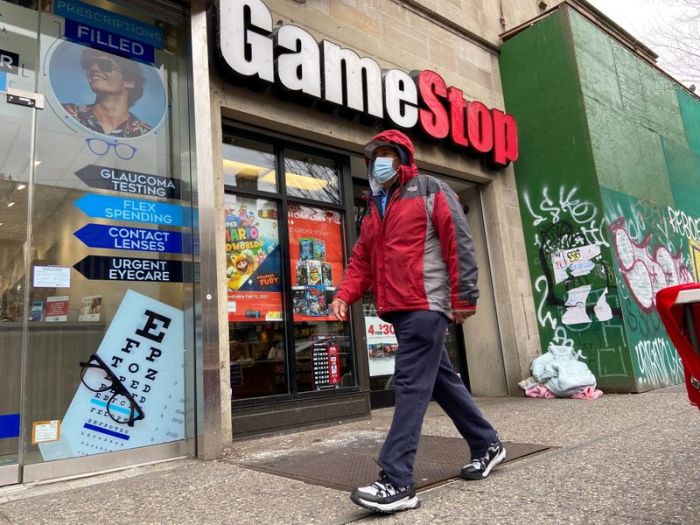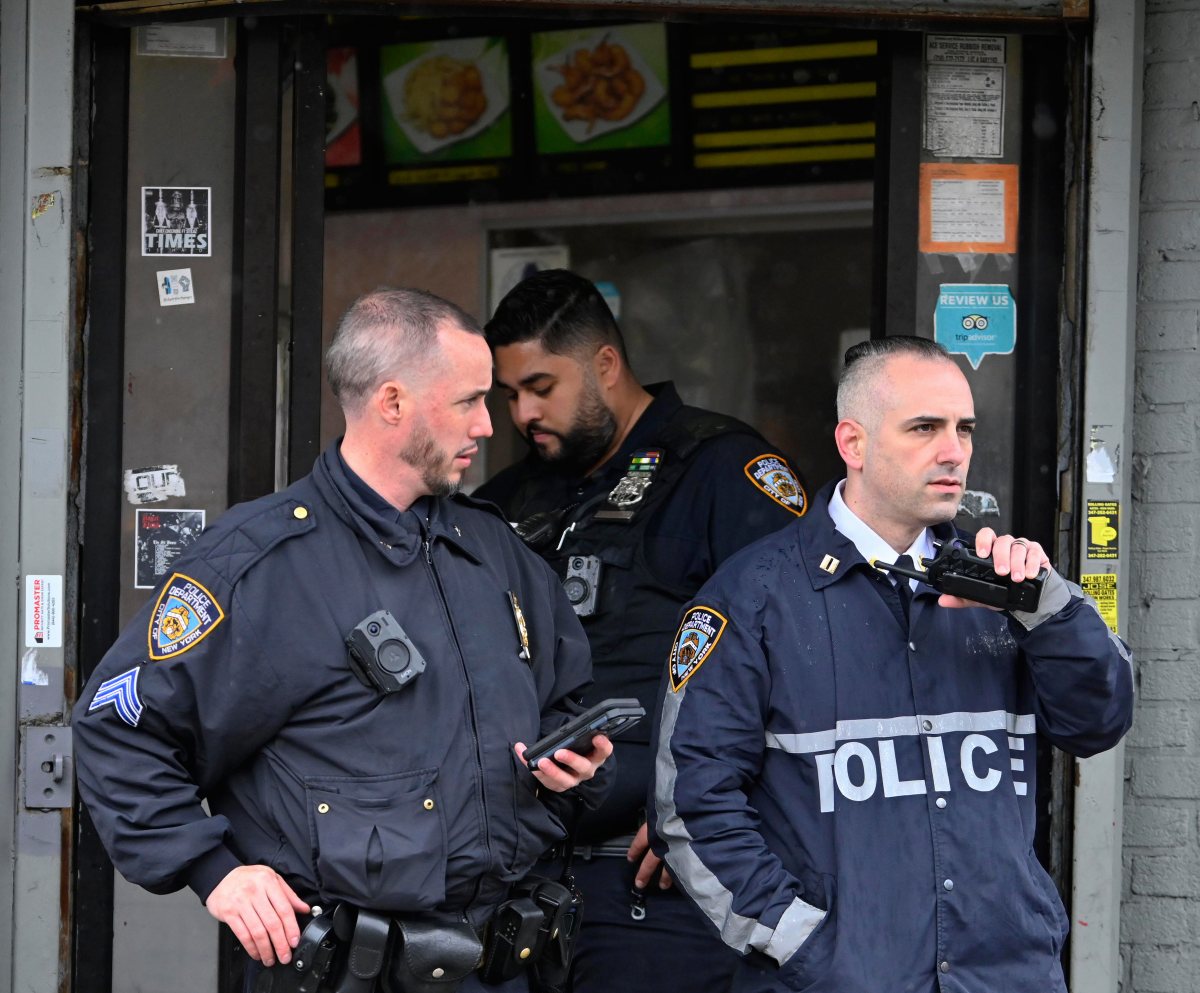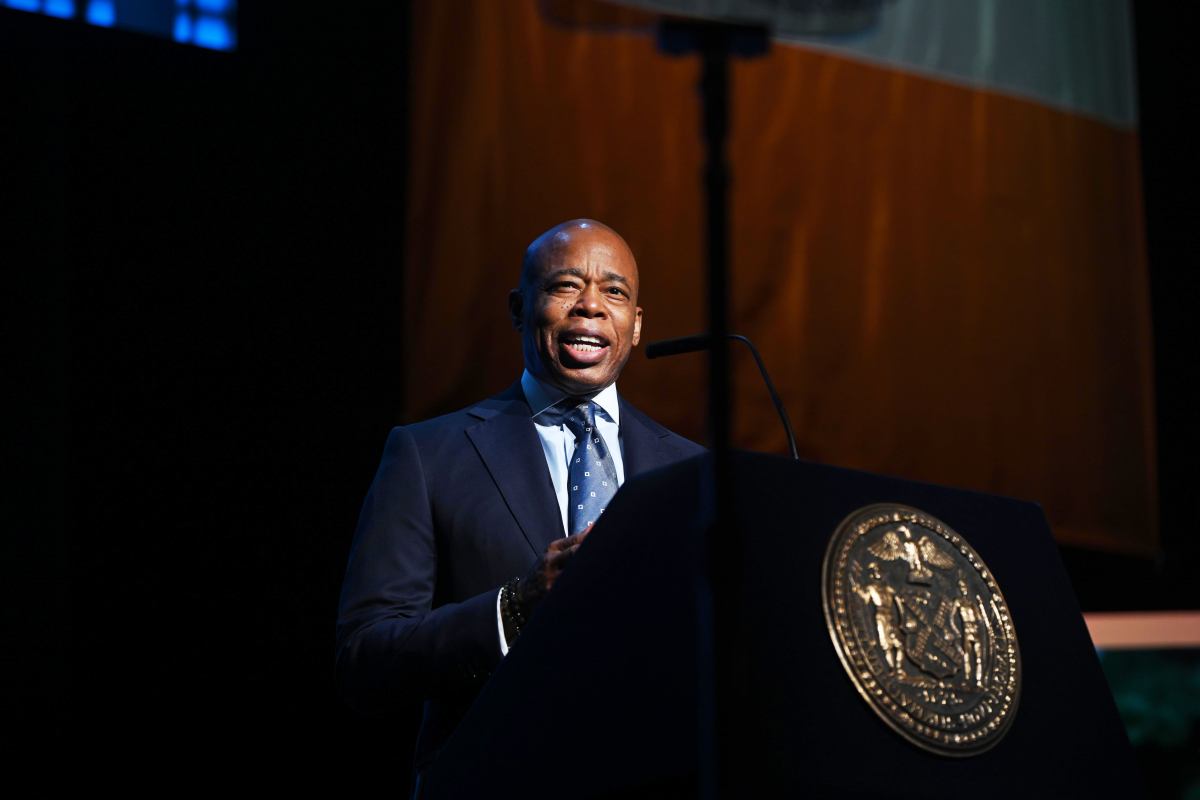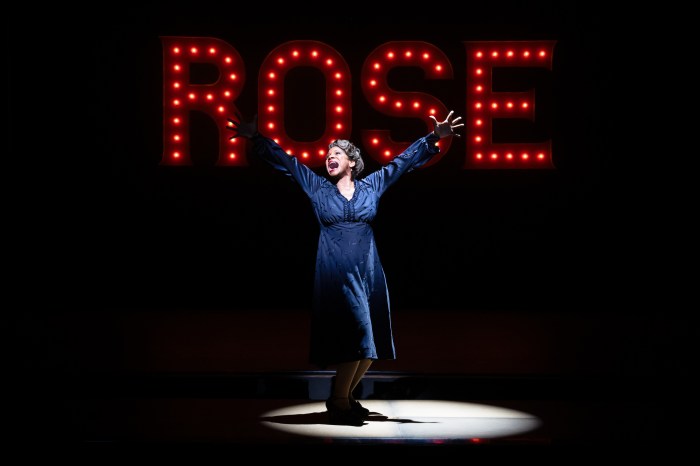SINGHU, India (Reuters) – An Indian state blocked mobile internet across most of its districts on Friday, following clashes between protesting Indian farmers and groups of men shouting anti-farmer and pro-police slogans.
Mobile internet in 15 of 22 districts in Haryana state bordering the capital New Delhi will be unavailable until 1700 local time on Saturday, according to a circular from the state government.
Authorities used tear gas and batons on Friday to break up the clashes at Singhu in Haryana, one of several protest sites near Delhi.
The protesting farmers want the government to withdraw three new farm laws that they say will hurt their livelihoods for the benefit of large private produce buyers.
In a stand-off between riot police and the farmers, authorities tried on Thursday night to clear another protest site in the city’s east, but most farmers refused to move and thousands more marched overnight to join them.
Their leaders said any retreat would constitute surrender.
“Concerned over police high-handedness, thousands of farmers, who were not part of the protest, have now come to bolster our movement,” Rakesh Tikait, president of one of the largest farmers unions, the Bharti Kisan Union, told Reuters on Friday.
Prime Minister Narendra Modi’s government introduced the new agricultural laws in September, triggering protests and a two-month long sit-in on some of the major approaches to New Delhi.
Farm leaders say the laws are an attempt to erode a longstanding mechanism that ensures farmers a minimum support price for their rice and wheat.
The government says the reforms will open up new opportunities for farmers and that it will not bow to the protesters’ demands.
Modi retains a solid majority in parliament although the protests are beginning to undermine some support for the government in the countryside.
The protests turned violent on Tuesday, when India celebrated its Republic Day with a military parade, and some protesters clashed with police. One was killed and hundreds were injured.
(Reporting by Anushree Fadnavis in Singhu and Mayank Bhardwaj in New Delhi ; additional reporting by Sunil Kataria, Devjyot Ghoshal and Danish Siddiqui; writing by Alasdair Pal; editing by Robert Birsel, Philippa Fletcher and Timothy Heritage)





























